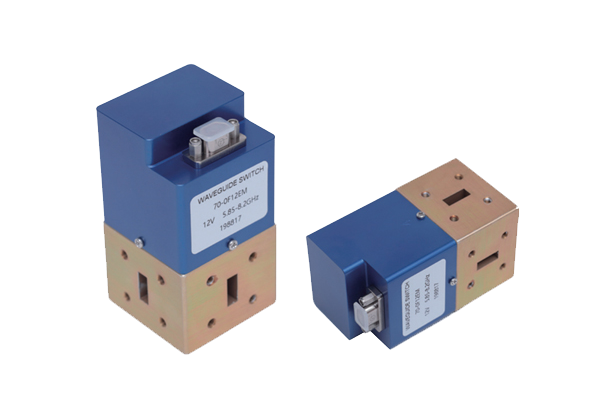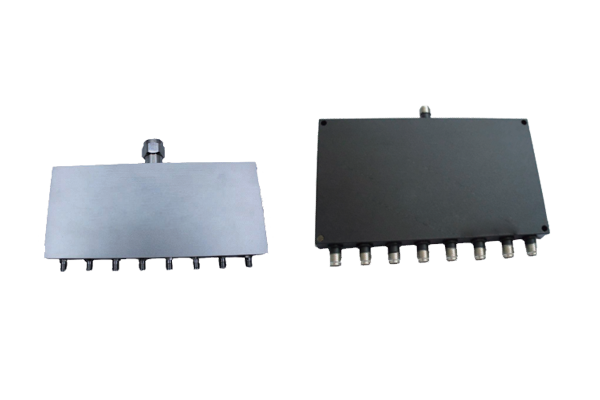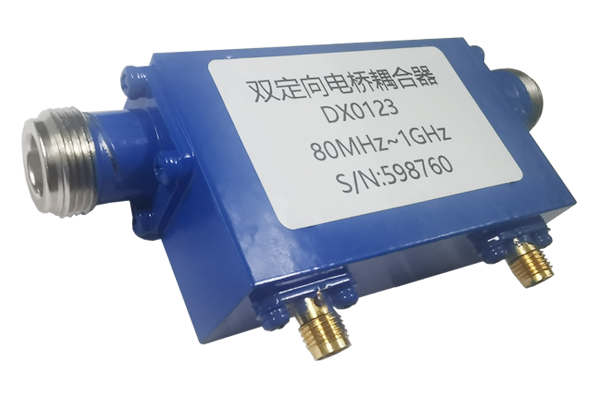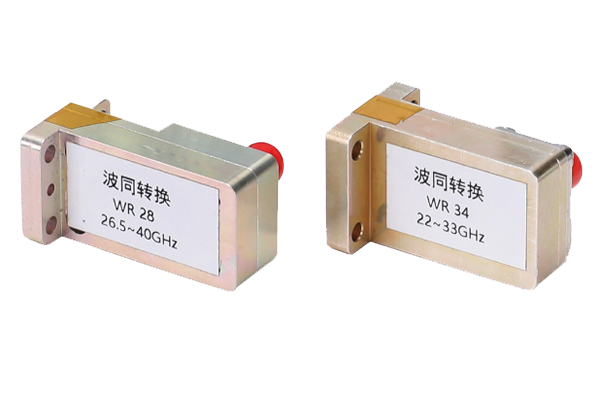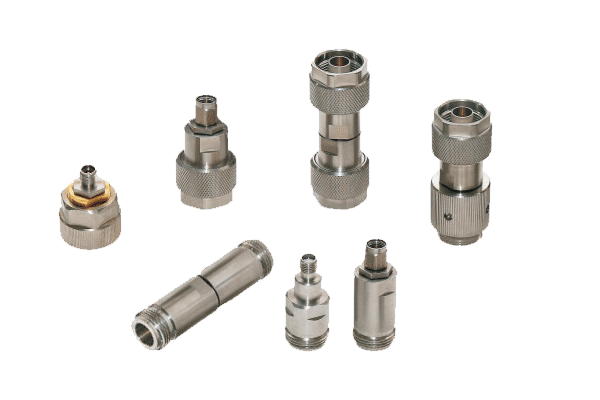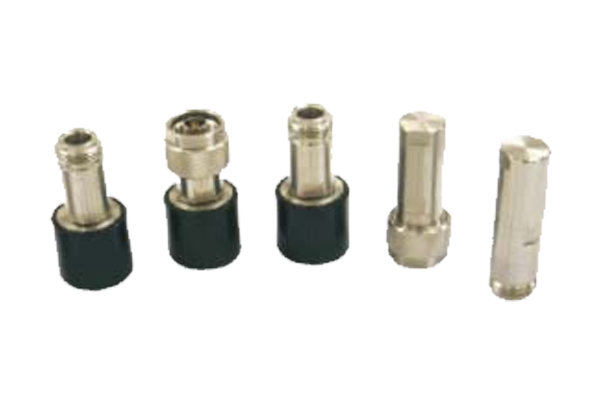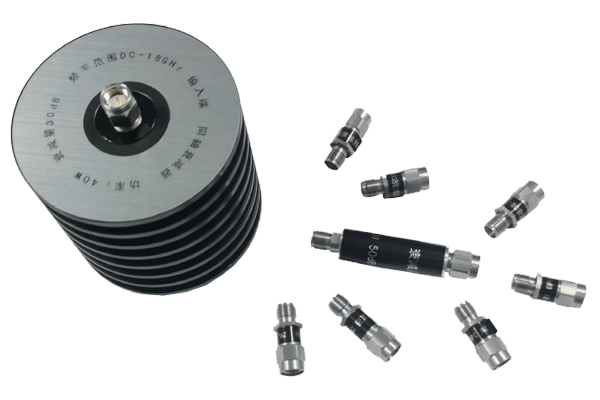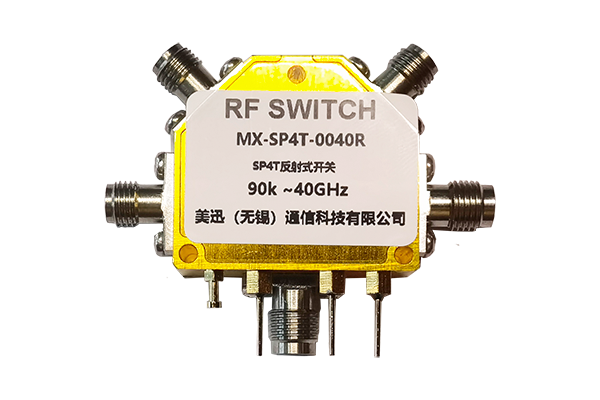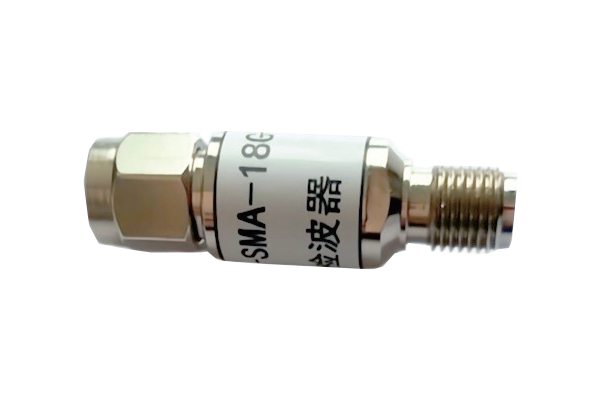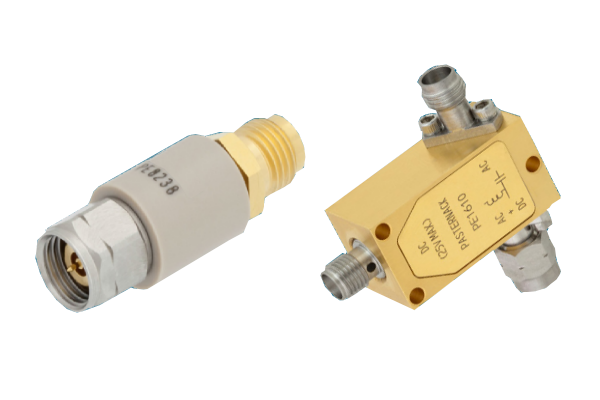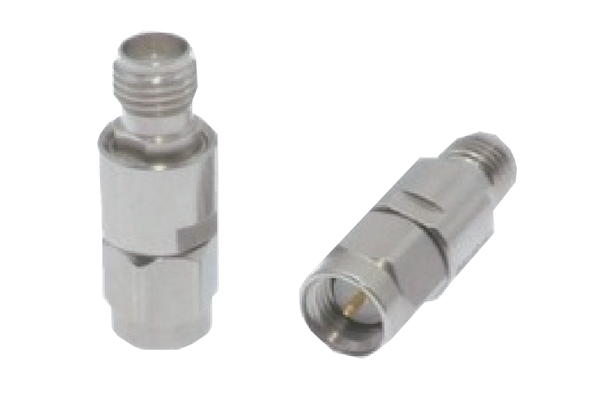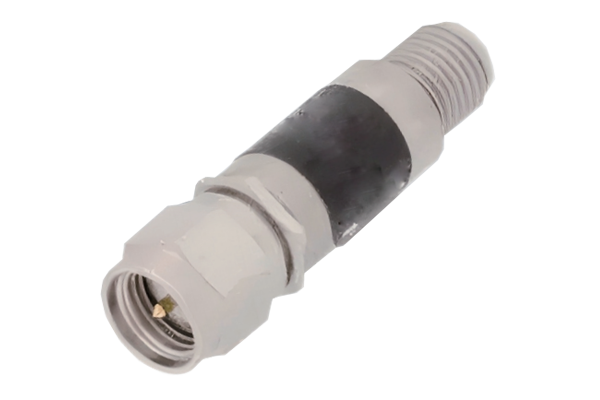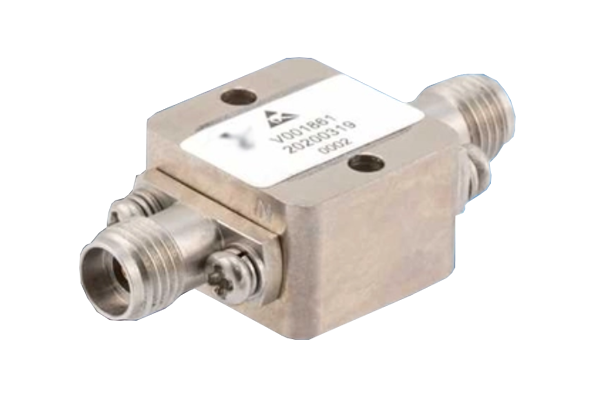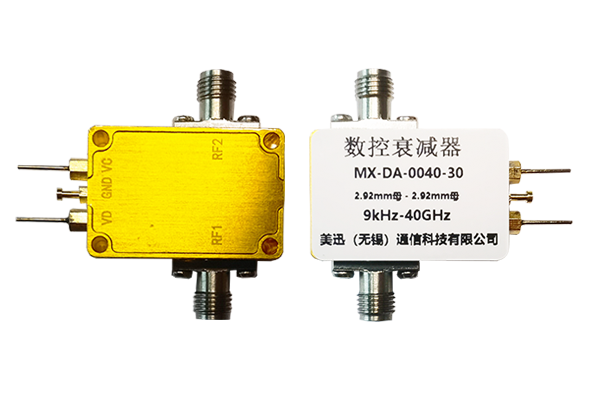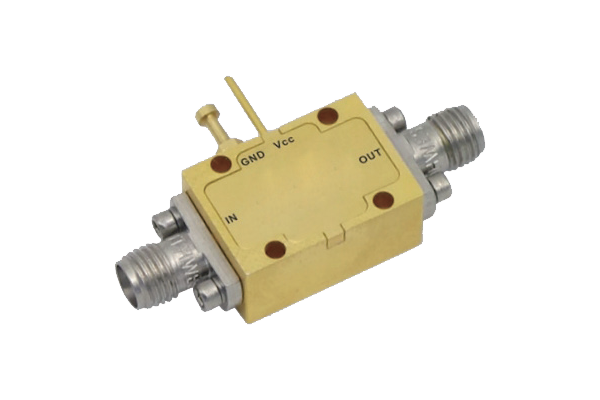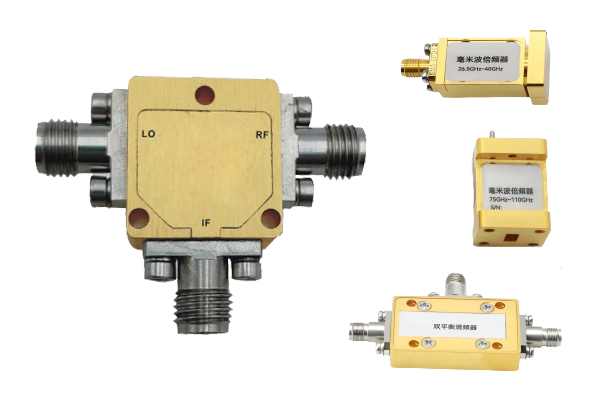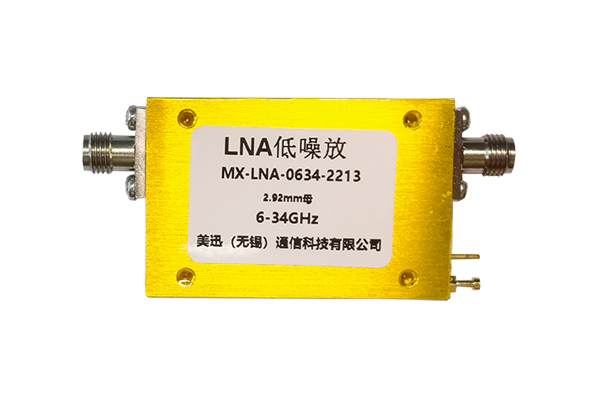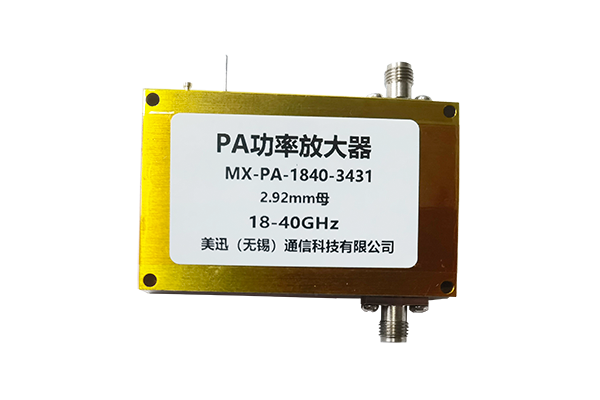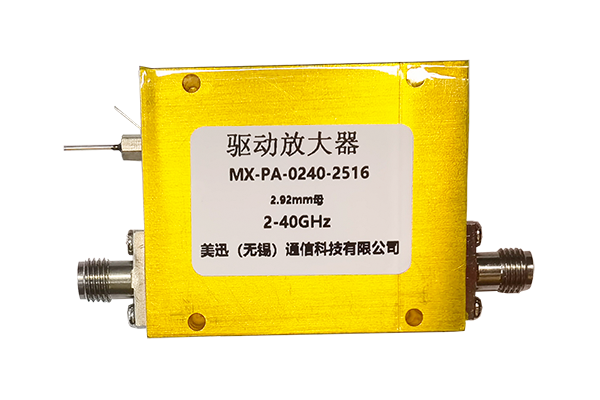What are the temperature characteristics of a fixed attenuator
Fixed Attenuator Temperature Characteristics
Understanding how material selection, structural design, temperature compensation, and environmental adaptation contribute to stable performance across temperature variations
Material Selection
- Material selection determines basic stability
- The core attenuator element is made of materials with low temperature sensitivity
- Such materials exhibit minimal fluctuations in their resistance characteristics when the ambient temperature changes
- Provides a stable foundation for attenuation performance
- The thermal stability of high-quality materials reduces the direct impact of temperature changes on attenuation accuracy
- Ensures consistent attenuation characteristics across different temperature environments
Structural Design
- Structural design influences thermal conductivity
- A reasonable structural layout optimizes heat distribution within the fixed attenuator
- Prevents performance deviations caused by localized overheating
- Enhanced heat dissipation paths accelerate heat dissipation
- Reduces the impact of temperature accumulation on the attenuator element
- Ensures more stable overall temperature characteristics
Temperature Compensation
- Temperature compensation enhances adaptability
- Some fixed attenuators incorporate temperature compensation
- Using specialized circuitry or component combinations, they offset attenuation deviations caused by ambient temperature fluctuations
- This compensation mechanism adjusts the attenuation characteristics in real time
- Ensures stable attenuation performance over a wide temperature range
- Minimizes the impact of temperature fluctuations on signal processing
Environmental Adaptation
- Adapting the working environment to ensure performance
- The temperature characteristics must match the environmental conditions of the application scenario
- Attenuation accuracy and stability must meet the required operating conditions, even in high or low temperature environments
- Excellent temperature adaptability enables reliable operation in various industrial environments and communication systems
- Ensures that signal processing is not affected by drastic temperature fluctuations
Performance Summary
Fixed attenuators with excellent temperature characteristics maintain stable performance across varying environmental conditions through careful material selection, intelligent structural design, active temperature compensation, and environmental adaptation. This ensures reliable signal processing in diverse applications from industrial settings to communication systems.




